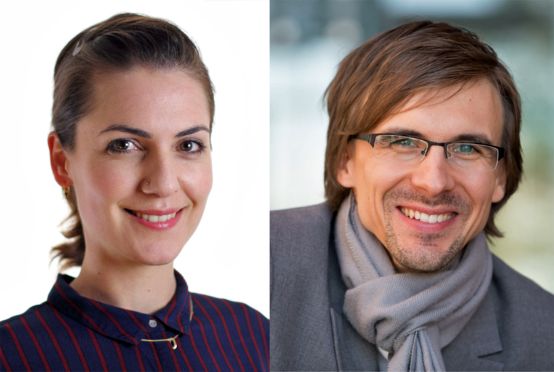They are still an insider tip among Beethoven's works and anything but pleasing: the Variations on the song "I am the tailor cockatoo". It is still unclear when the work was composed - but it was certainly some time, possibly years, before Beethoven first mentioned it in a letter to the publisher Gottfried Härtel on July 19, 1816. Despite the distance in time, the music critic Paul Bekker even saw it as a "Reduced counterpart" to the 1823 completed and driven into the colossal Diabelli Variations op. 120.
Bekker's commentary refers both to the variation sequence itself as well as to the extensive slow introduction and the "appendix" to the last, tenth variation, which Beethoven also described as such. While the theme is gradually dissolved in a fugato and only appears once more as a reminiscence, the introduction is based on the almost paradoxical idea of developing a theme that already exists and is also very popular from individual motifs: Beethoven creates the song on which the following variations are based and which was popular in Vienna at the beginning of the 19th century I am the Scheider Wetz and Wetz quasi new. (The text had already been changed by contemporaries to "Schneider Kakadu".) The melody was originally found in the Singspiel premiered in 1794 The Sisters of Prague by Wenzel Müller (1767-1835). This once very popular Viennese composer also wrote the Singspiel Kaspar, the bassoonist, or: The magic zither (1791), whose libretto, like that of Mozart's Magic flute on Wieland's exotic collection of fairy tales Djinnistan goes back.
The fact that the so-called Cockatoo variations Beethoven's contemporaries had already observed that this is not primarily music for pleasing entertainment. Thus in the General Musical Gazette from 1830: "The old song of the tailor Crispinus, alias: Wetz, Wetz, Wetz, is varied in such a way, with such spirit and bold imagination, as a master can only ever vary. The story is certainly not easy, but it is not meant to be, for it is by no means destined to be a vain dalliance."










